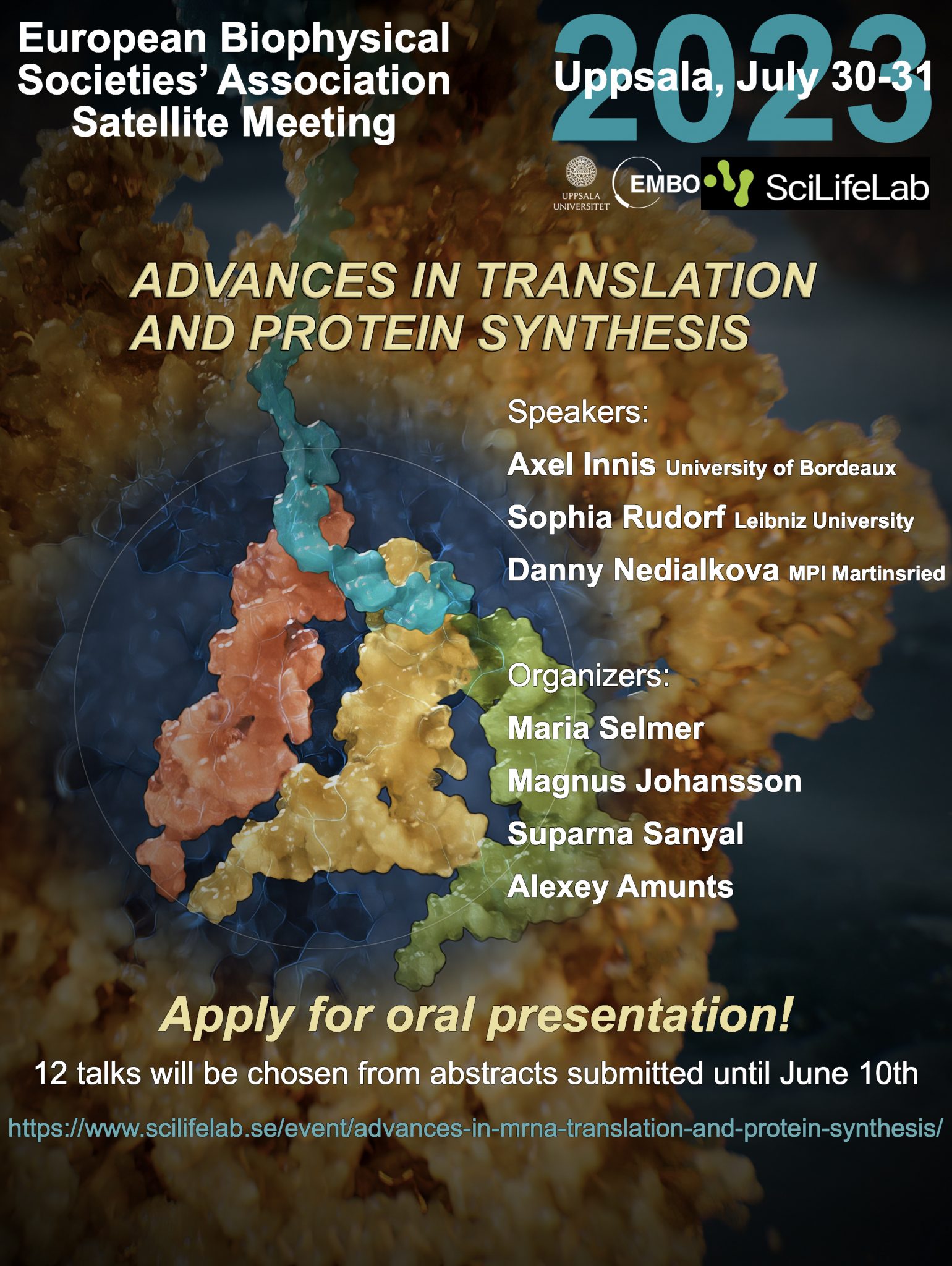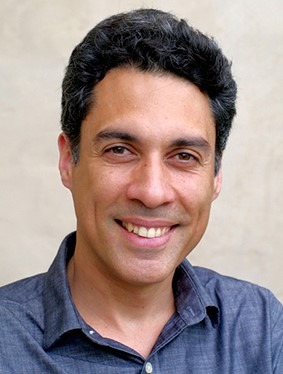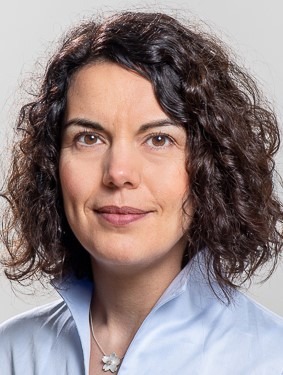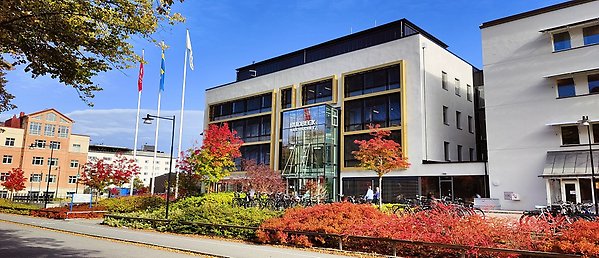Advances in mRNA translation and protein synthesis
July 30 @ 13:30 – July 31 @ 14:00 CEST
The symposium is a satellite meeting of the European Biophysical Societies’ Association conference. It will start on 30 July and finish on 31 July. The symposium will highlight the latest discoveries in the field of translation and protein synthesis. Translation occurs on ribosomes that form hubs of a proteome and nucleic acids, which are intricate in the range of functions and their structural dynamics. Those ribosomal hubs involve multiple cofactors and are implicated in disorders, which makes them key drug targets. Since translation requires coordination and rapid exchange between multiple factors, tracking such a system is a laborious task. In this respect, recent developments in imaging techniques have had a major impact on our understanding of translational systems. Therefore, alongside presentations of biological results, there will be methodological advances.
There will be options to present your work in a short talk or a poster.
Twelve talks will be selected from abstracts submitted before June 10. Please apply for oral presentation before June 10 (extended deadline).
Important information
Date: July 30 13:30 to July 31st 14:00
Location: Lecture hall at BMC, Uppsala University (more details to be announced).
Conference fee: The Conference fee is 650 SEK, including dinner on July 30th and lunch on July 31st. An invoice will be sent to your Department. Payments shall be made by Departments or Organizations only (no private bank account or private address will be approved). Participants from businesses and organizations with VAT numbers within the EU can claim the VAT back from their local tax authority. More information is on the EU website.
A maximum of 60 participants will be accommodated, with participation being confirmed on a first-come-first-serve basis.

Invited speakers

Axel Innis, University of Bordeaux.

Danny Nedialkova, Max Planck Institute of Biochemistry, Martinsried.

Sophia Rudorf, Leibniz University Hannover.
Axel Innis, University of Bordeaux
We are interested in how ribosomes make proteins, how they are regulated in response to different stimuli, and how small molecules block these molecular machines. The focus is on the bacterial ribosome and how it is affected by nascent proteins known as arrest peptides, antimicrobial peptides, and antibiotics. In order to study the underlying molecular mechanisms, we use a combination of structural biology, high-throughput functional characterization and biochemistry.
Danny Nedialkova, Max Planck Institute of Biochemistry, Martinsried
Our research seeks to define how distinct proteomes are established and maintained in eukaryotic cells, with the long-term goal of understanding why some cell types are selectively vulnerable to dysregulated protein homeostasis in disease. To address these questions at a systems level, we develop and apply quantitative genome-wide techniques and combine these with functional genomics in diverse eukaryotic model systems.
Sophia Rudorf, Leibniz University Hannover
We employ computational, bioinformatic, and mathematical approaches to model and analyze biomolecular processes. Our primary focus lies on studying protein biosynthesis across various organisms and in-vitro expression systems.
Organizers
Maria Selmer, Suparna Sanyal, Magnus Johansson, Uppsala University. Alexey Amunts, SciLifeLab
For any organizational inquiries, please contact Maria Selmer.
with support from
EBSA
SciLifeLab
EMBO

